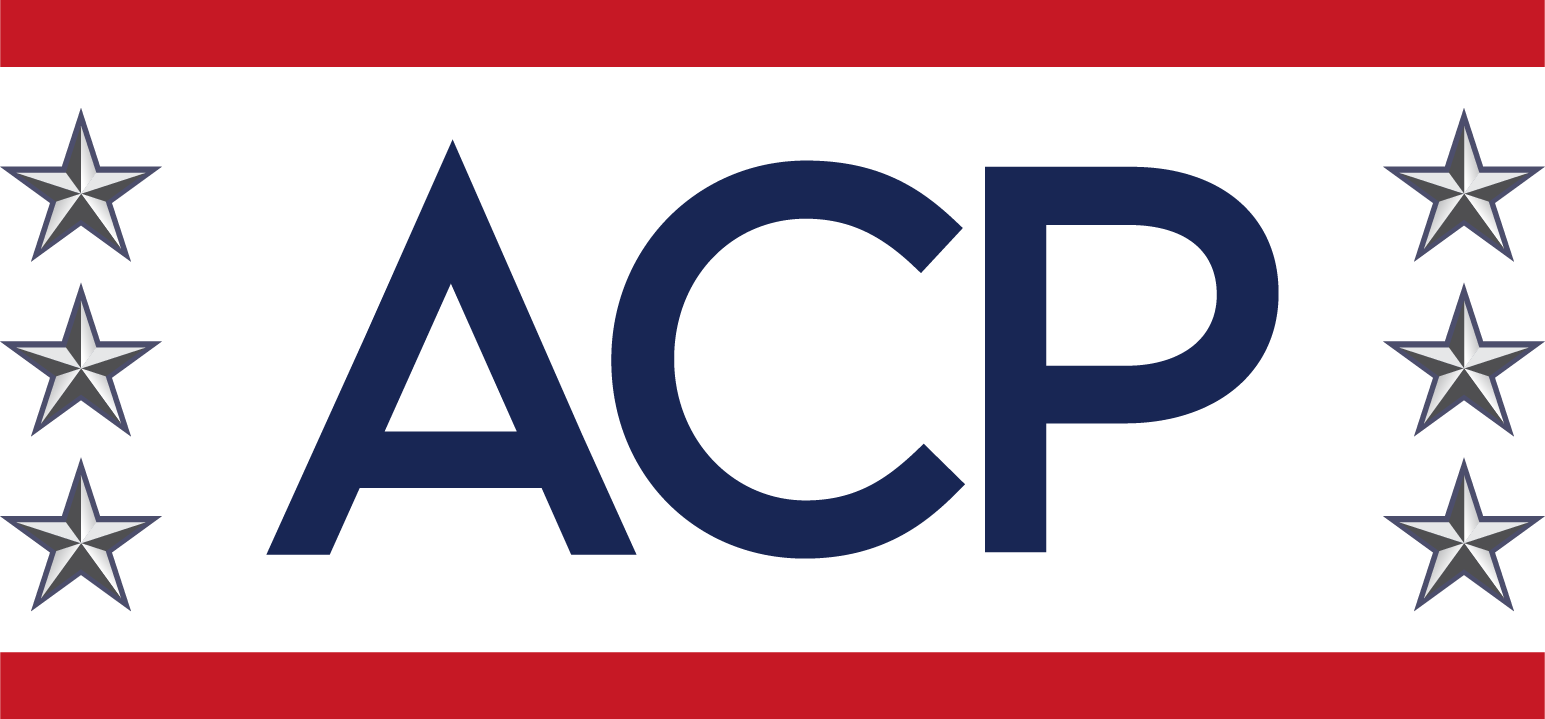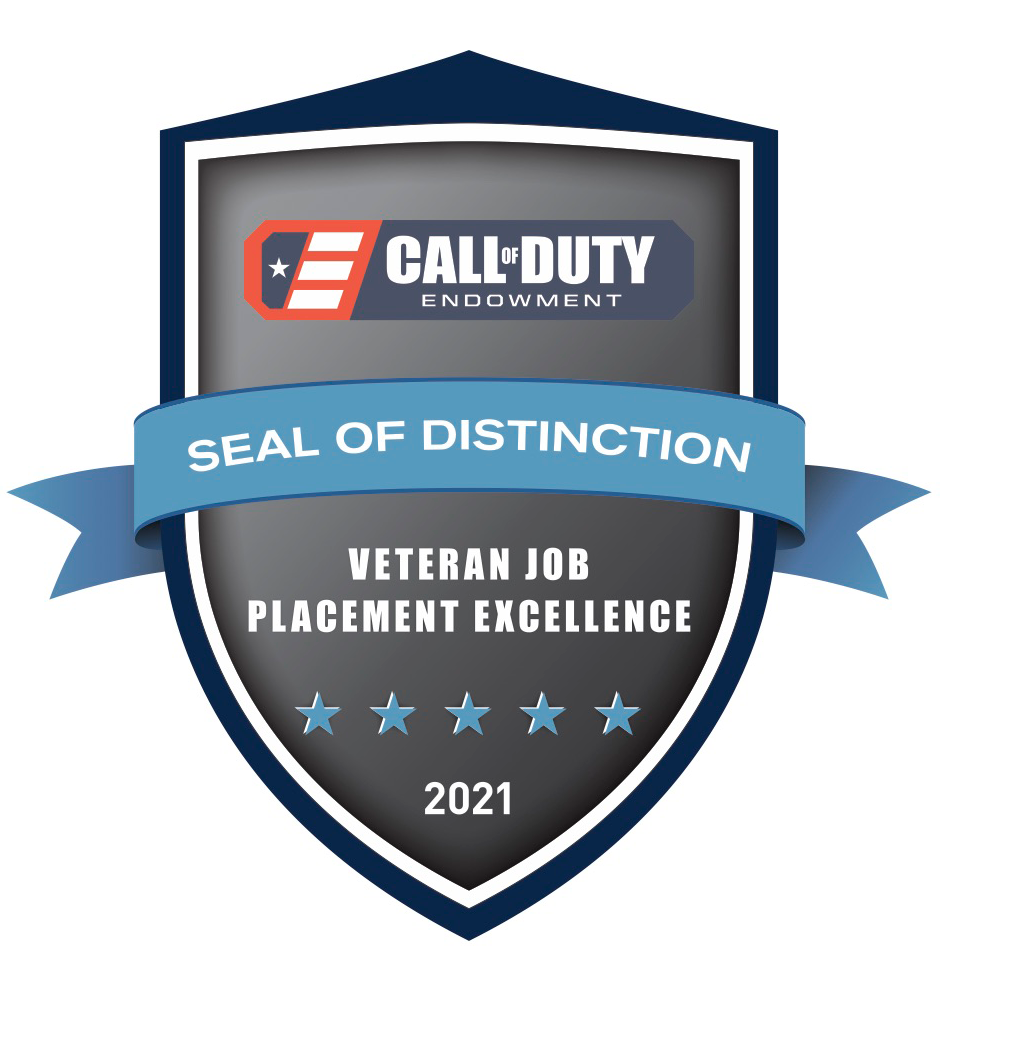Cool, Calm, and Consistent: What Veterans Bring to the Healthcare Industry

Building a career that is both professionally and personally fulfilling requires patience and persistence. For those transitioning out of the military, the uncertainty of life after separation often brings pressure to find one’s footing quickly as a member of the civilian workforce. Veterans transition into a new environment, unsure of what to expect. They want to be decisive, productive, and of service, but can become disheartened if they cannot find work that feels as impactful or communal as their time in the military.
American Corporate Partners Alumnus Kurt Kittelson, who served in the U.S. Army National Guard for 12 years and is now an ACP Mentor, was looking for a way to translate his experience as a medic into a civilian job that would be exciting and would make an impact on people’s lives. He started school to become a paramedic and realized he had discovered a true passion for the field. He took a job on an ambulance, and from there, his career progressed quickly. Kittelson worked as a paramedic for a SWAT team, as a critical care provider, and after a few years, he got a job at the M Health Clinic and Surgery Center at the University of Minnesota.
Today, Kittelson is the clinic’s Operations Manager, overseeing several teams and multiple different responsibilities. But the transition did not feel as smooth as it might appear on his résumé. Kittelson was balancing his full-time job as a paramedic with ongoing National Guard duties, and while the complementary nature of the two roles meant he was thriving professionally – honing skills like discipline and quick decision making – it was difficult to maintain a healthy work-life balance.
“This balancing act, however, ultimately became a pivotal experience in my career,” says Kittelson. “It taught me how to stay focused under pressure, how to effectively manage competing demands, and how to maintain my commitment to both my professional growth and personal well-being.”
When it came time for his next challenge – working while attending undergraduate and graduate school – Kittelson was well-prepared, with the discipline and focus to do it all. Those skills have stayed with him, and he believes the greatest strengths he and other Veterans bring to the healthcare field are professionalism and work ethic.
“Veterans are instilled with a strong sense of discipline, responsibility, and commitment to excellence, all of which directly translate to high standards of patient care,” he says. Working as part of a team and being guided by a strong, shared sense of duty is second nature for Veterans, which translates seamlessly into healthcare settings. Veterans are also uniquely qualified for roles that require peak performance in highly stressful and demanding situations.
For ACP Alumnus, Mentor and U.S. Navy Veteran Joshua Robinson, a fascination with the intricacies of the human mind evolved into a career in mental healthcare. After his service, he pursued an education in psychology and began working in clinical social work as a counsellor. While he navigated the differences in structure and culture, he, like Kittelson, was able to find the common thread: His adaptability, personal discipline and coolness under pressure were the secret weapons that eased his transition.
“We’re trained to work as part of a team, think critically, and solve problems quickly, all skills that translate well into patient care and mental health services,” says Robinson. “Additionally, many veterans have firsthand experience with the challenges military personnel face, which helps build rapport and trust with veteran patients.”
One skill that might need developing for Veterans during their adjustment to the civilian workforce is work-life balance. Robinson’s mentors emphasized the importance of self care and setting boundaries: “In healthcare, especially in mental health, it’s easy to take on too much or feel personally invested in every case. My mentors taught me that the best way to help others is to take care of myself first, whether that’s maintaining work-life balance, seeking supervision, or setting limits on my workload.”
The end result of his work, making a difference in someone’s life, is incredibly rewarding for Robinson. The learning process is ongoing as the field evolves, and Robinson is always on the lookout for updated best practices, new therapeutic approaches, and emerging trends.
Another challenge for Veterans in the healthcare space, says Robinson, is a struggle with imposter syndrome. They might feel that they are lacking in experience and therefore unable to be as effective as their peers. Robinson cautions his mentees against this: “I remind them that their military background gave them unique insights and skills that many civilian providers don’t have.” He emphasizes patience with the process. There will be an adjustment, a learning curve, which may feel frustrating, like a delay in action to Veterans who are accustomed to productivity. But adjusting to work culture, gaining necessary credentials, and determining the right career path are important tasks, and Veterans who tackle them with the same tenacity and trust in their community that they brought to their service will find success.
“Use the skills and discipline you developed in the military to stay focused, but also be open to learning and adapting,” Robinson urges. “Networking is key! Connect with other Veterans in the field, seek mentorship, and don’t be afraid to ask questions. Most importantly, remember why you chose this path. Your experiences are valuable, and you have the potential to make a meaningful impact!”
When seeking a career in healthcare, in spite of uncertainty, Veterans will eventually find themselves in familiar territory. Kittelson says, “It reminds me of my time in the military, where I was part of something bigger than myself – where every action had a greater purpose, and every team member played a vital role in achieving a shared goal. In healthcare, I’m able to carry forward that same sense of duty, knowing that my efforts are helping to improve others’ quality of life.”
The transition from military to civilian life and work is a demanding, high stress scenario, which is what makes Veterans uniquely prepared to do it. With the skills learned in the military and the support of one another, members of the ACP community are doing it every day. When it comes to the healthcare field, Veterans are uniquely suited to serve a new purpose on the civilian side: changing and saving lives.
Veterans can find their place in the healthcare industry with the help of an ACP Mentor. ACP is a national non-profit organization that offers a year-long, one-on-one customized mentorship to post 9/11 Veterans and Active Duty Military Spouses at no cost. Interested Veterans can apply here.











